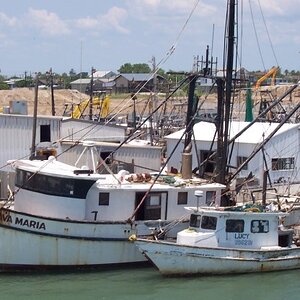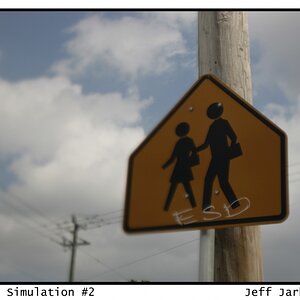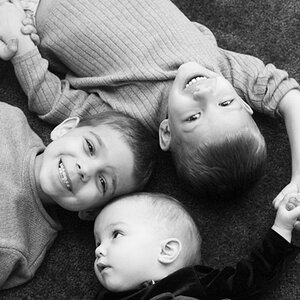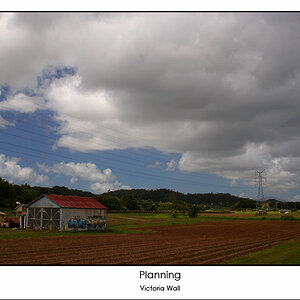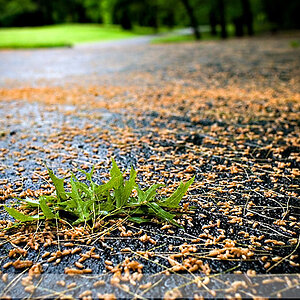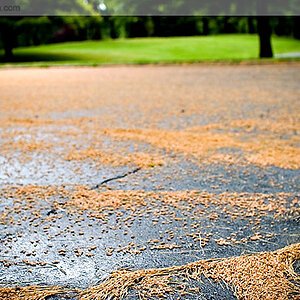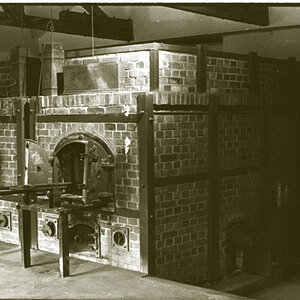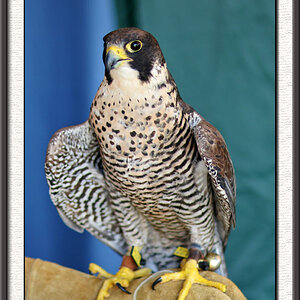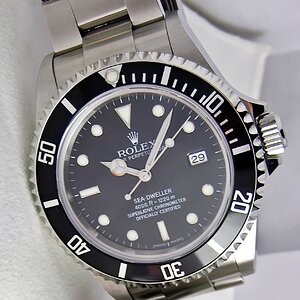Hi, I'm Kelly and I found my way here, and this seems to be a great place to learn more about photography.
I have done my fair share of amateur photography and am wanting a more serious take on this. It is a profession I respect and want to know that I can get the best bang for my buck so to say. Would you care to share some expertise?
I'm looking to buy a DSLR camera. What makes the best camera? Is it the pixels, resolution, good lenses --or is it all the newfangled features that I cant make heads or tails of?
If a camera takes a 3-5.6 size lens than will a 4.5- 5.6 lens fit it?
I have done my fair share of amateur photography and am wanting a more serious take on this. It is a profession I respect and want to know that I can get the best bang for my buck so to say. Would you care to share some expertise?
I'm looking to buy a DSLR camera. What makes the best camera? Is it the pixels, resolution, good lenses --or is it all the newfangled features that I cant make heads or tails of?
If a camera takes a 3-5.6 size lens than will a 4.5- 5.6 lens fit it?




















![[No title]](/data/xfmg/thumbnail/42/42452-e36799eaff36dca02ffc57ce660e5e20.jpg?1619740190)
